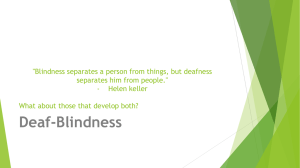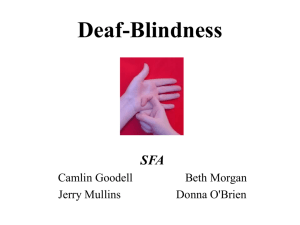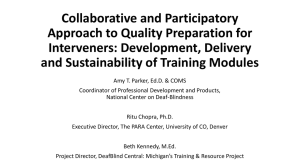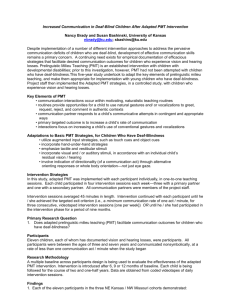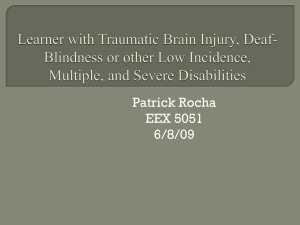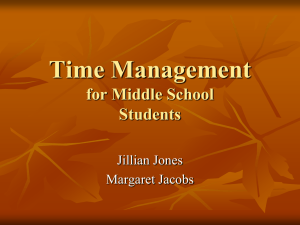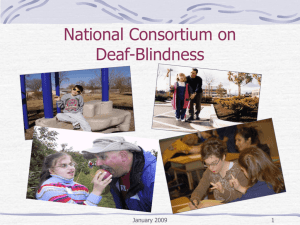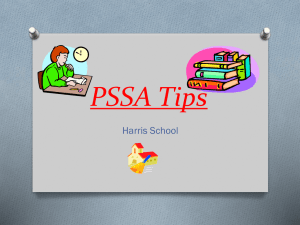Family Leadership Key Training Topics
advertisement
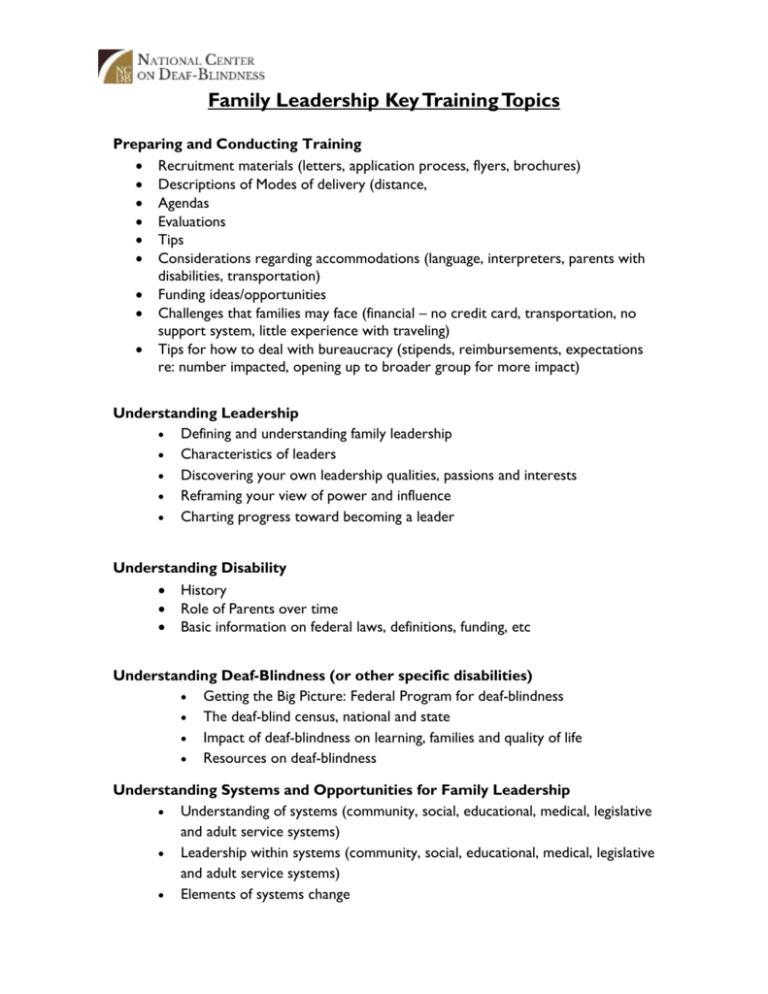
Family Leadership Key Training Topics Preparing and Conducting Training Recruitment materials (letters, application process, flyers, brochures) Descriptions of Modes of delivery (distance, Agendas Evaluations Tips Considerations regarding accommodations (language, interpreters, parents with disabilities, transportation) Funding ideas/opportunities Challenges that families may face (financial – no credit card, transportation, no support system, little experience with traveling) Tips for how to deal with bureaucracy (stipends, reimbursements, expectations re: number impacted, opening up to broader group for more impact) Understanding Leadership Defining and understanding family leadership Characteristics of leaders Discovering your own leadership qualities, passions and interests Reframing your view of power and influence Charting progress toward becoming a leader Understanding Disability History Role of Parents over time Basic information on federal laws, definitions, funding, etc Understanding Deaf-Blindness (or other specific disabilities) Getting the Big Picture: Federal Program for deaf-blindness The deaf-blind census, national and state Impact of deaf-blindness on learning, families and quality of life Resources on deaf-blindness Understanding Systems and Opportunities for Family Leadership Understanding of systems (community, social, educational, medical, legislative and adult service systems) Leadership within systems (community, social, educational, medical, legislative and adult service systems) Elements of systems change Communication Skills Understanding and respecting your own and others’ beliefs, attitudes, values Communication and active listening Understanding conflict styles Principle-based negotiation Supporting other families Partnership and Collaboration Skills Collaboration and leadership Group dynamics and development Running/facilitating effective meetings Advocacy Skills Telling your story Public speaking Writing skills: letters, newspaper stories, articles Tips for successful advocacy (bring pictures, food, personal story, say thank you, share results) Maintaining your Personal Life Balance Relaxation and regeneration activities Keeping your life in balance Taking care of yourself Problem solving skills Optional Training Topics Training Skills Learning styles Adult learning strategies Presentation skills Loss and the Grieving Process Impact on families Relating to people in crisis Connecting with Families: Building Relationships and Involvement Activities to introduce and connect families Identifying the needs of families Including the whole family Cultural Competence Skills Understanding and respecting beliefs, attitudes, values Identifying underserved populations Outreach strategies The National Center on Deaf-Blindness is funded through award #H326T130013 by the U.S. Department of Education, OSERS, OSEP. The opinions and policies expressed by this publication do not necessarily reflect those of The Teaching Research Institute, or the U.S. Department of Education. Federal Project Officer, JoAnn McCann.
